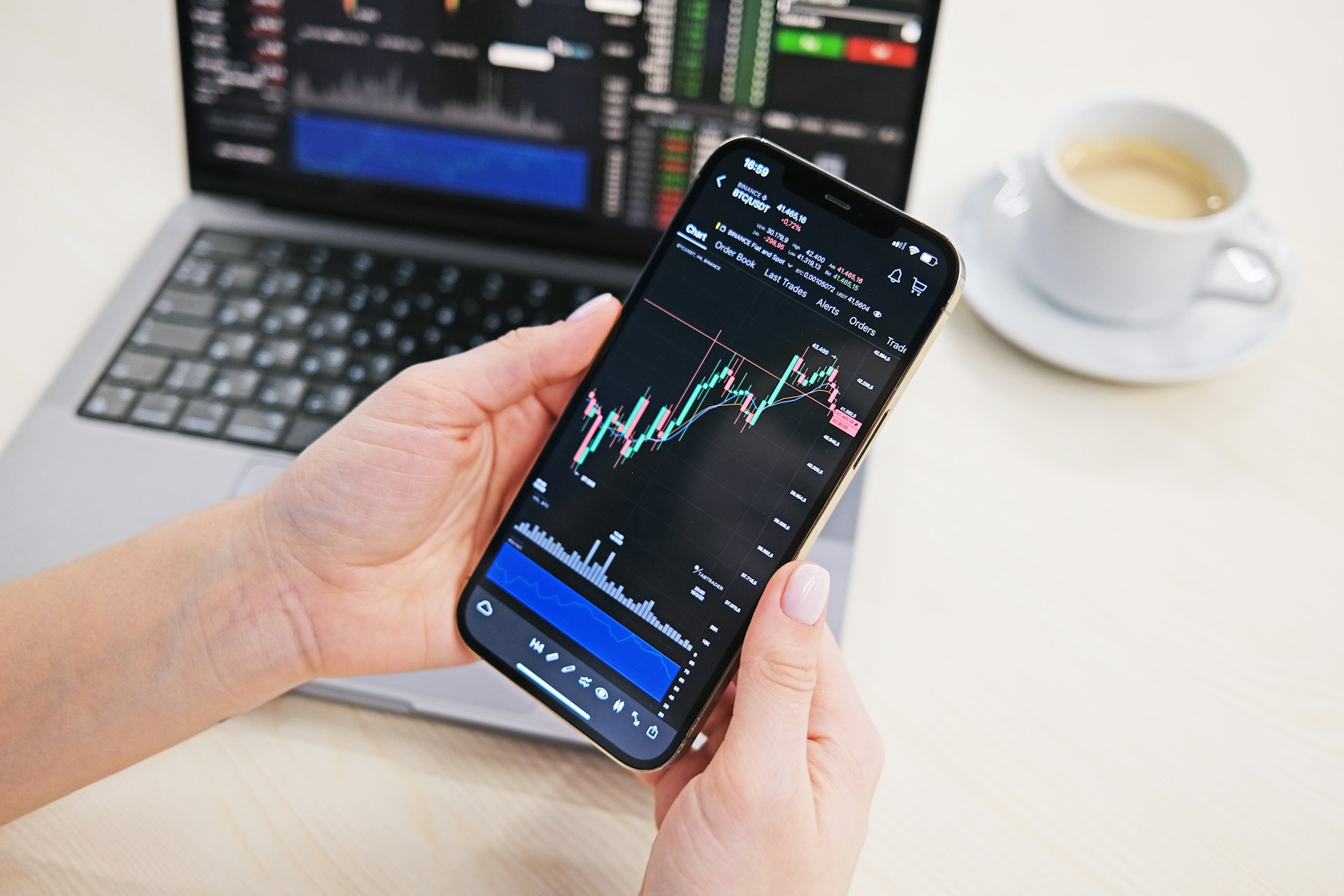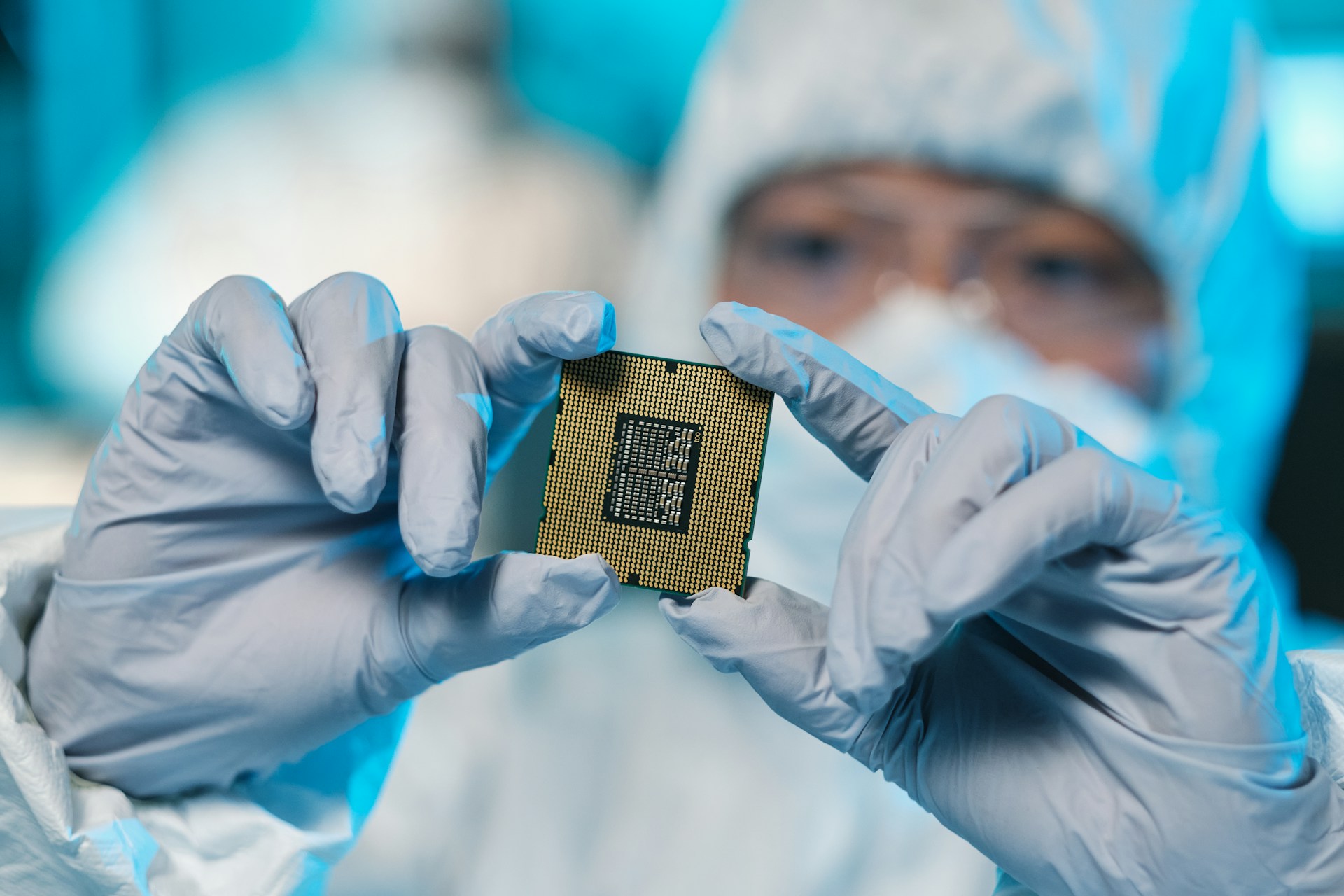Tesla shares plunged 14.2% on Thursday, erasing $152 billion in market capitalization. The sharp selloff was triggered not by deteriorating fundamentals or a product recall, but by a highly public and personal political feud between CEO Elon Musk and President Donald Trump. Once close allies, the two men exchanged heated remarks and provocative comments, with Trump vowing to cut off federal contracts to Musk’s companies, while Musk called for Trump’s impeachment and accused him of political betrayal. The fallout has significantly clouded Tesla’s short-term outlook, shaking investor confidence and raising concerns about the impact of political risk on corporate valuations.
The timing of the feud could not have been worse. Tesla is preparing for a high-profile launch of its long-delayed robotaxi initiative in Austin next week—a product Musk has described as central to the company’s autonomous future. However, that future depends heavily on regulatory approvals, many of which fall under federal jurisdiction. Trump’s threats to pull subsidies and impose new fees on electric vehicle buyers add uncertainty to Tesla’s policy environment, while renewed safety concerns surrounding its Full Self-Driving software, fueled by resurfaced footage of a fatal crash, complicate its ambitions in autonomy.
The scale of the stock decline also highlighted Tesla’s broader influence on equity markets, as one of the most heavily weighted constituents in the S&P 500 and Nasdaq 100. Its sharp selloff accounted for nearly half of the decline in both indices on Thursday. Retail investors moved quickly to buy the dip, with Tesla remaining one of the most actively traded stocks.
FOREIGN MARKETS
Tesla has seen slowing momentum in key markets like China and Europe, where competition is intensifying and consumer sentiment toward Musk’s political persona has cooled. The company’s image, once centered around innovation and sustainability, is increasingly being shaped by Musk’s personal actions—actions that may alienate potential buyers and regulators alike. The company’s modest rebound on Friday, with shares rising 3% as tensions between Musk and Trump appeared to cool, reflects hopes for de-escalation. Yet even a temporary truce does not remove the underlying risks. As long as Tesla’s valuation remains tightly coupled to Musk’s personal thoughts and actions, episodes of volatility driven by non-operational events may continue.
TESLA and MUSK
Tesla’s technological edge in battery integration, AI, and vehicle software remains substantial. Its vertically integrated manufacturing model delivers structural advantages, and its position in next-generation mobility remains a differentiator. But this week’s events make one thing clear: for better or worse, Tesla is inseparable from Elon Musk— a double edged sword that brings both opportunities and risks.
EXPLORE MORE POSTS
The Executive guide to Diversifying Concentrated Stock
For many executives and founders, company stock represents both professional...
Read Moreby Irman Singh
AI Meets Reality: Labor Cracks, Fed Uncertainty, and a Market in Reset
The U.S. equity market has taken a sharp turn this week as investors react to...
by Jerry Yuan
Where AI Truly Helps RIAs (and Where It Doesn't) : A PRACTICAL GUIDE
by Irman Singh
Gold & Silver Surge: A Quiet Warning Signal for U.S. Equity Markets
Gold and silver are surging as U.S. stocks show volatility, signaling a shift...
by Jerry Yuan
Portfolio Construction Mistakes Advisors Must Avoid in 2026 -PART 2
by Irman Singh
Markets Bounce Back as Trump Blinks — Relief Rally Returns, but Caution Lingers
US markets staged a sharp relief rally after President Trump paused planned...
by Jerry Yuan
Portfolio Construction Mistakes Advisors Must Avoid in 2026 -PART 1
by Irman Singh
U.S.–Taiwan Trade Deal: A Structural Positive for U.S. Equities
The U.S.–Taiwan trade agreement represents a substantial benefit for U.S....
by Jerry Yuan
AI for RIAs: Portfolio Management, Client Experience & Compliance
by Irman Singh
Energy Politics vs. Market Reality: What Venezuela Means for U.S. Equities
by Jerry Yuan
Strategic Planning for RIAs 2026 -the Next Phase of Growth
A look at RIA industry trends, digital transformation, and long-term firm...
Read Moreby Irman Singh
2026 Investement Outlook: Strategic Priorities for Investors
As we approach 2026, ultra-high-net-worth (UHNI) investors face a landscape...
Read Moreby Irman Singh
2025 The year that was: Trump Tariffs, Gold Rally, and Portfolio Positioning for Investors
As we close the books on 2025, we reflect on a year that tested investors'...
Read Moreby Irman Singh
U.S. Equities Rebound as Cooling Inflation Strengthens Fed Pivot Expectations
Cooling inflation has revived confidence in U.S. equities, with falling yields...
Read Moreby Jerry Yuan
Jurisdictional Complexity: Managing Multi-Country Income and Tax Exposure.
by Irman Singh
Why Oracle’s Pullback Doesn’t Signal the End of the AI Trade
Oracle’s sharp post-earnings selloff triggered a broad AI market pullback, but...
Read Moreby Jerry Yuan
Investment Risk Profile: Factors Affecting It and Tax Strategy
Every investor has a unique investment risk profile, which determines how much...
Read Moreby Irman Singh
BOJ Tightening: How Japan’s Rate Hike Could Impact U.S. Equities
Japan’s shift toward tightening has added volatility to global markets, but...
Read More



















